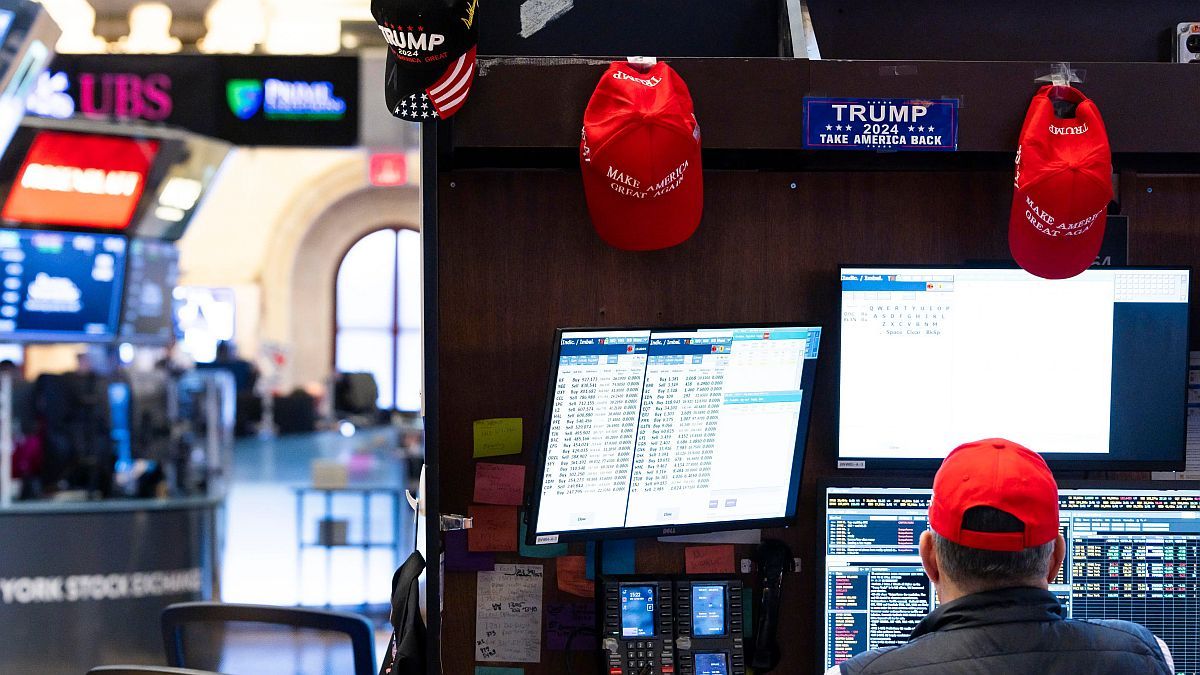With the recent victory of Donald Trump in the United States electionsthe country is experiencing a reorganization process in which each appointment in its cabinet generates reactions in the market. The investors They interpret the profile of each official and their potential policies, adjusting their strategies according to the direction the administration is taking.
In this rearming it is possible that the government prioritizes infrastructurea policy that proved to be an economic engine in the US, promoting job creation and the strengthening of key sectors, as well as the protectionismwith the aim of improving the performance of the internal economy. This could lead to a dollar appreciation in it medium term.
For this reason, sectors such as construction, with companies such as Caterpillar or General Electriccould benefit in this segment. Furthermore, the continuity of investments in infrastructure would favor defense companies such as Lockheed Martin Corp. Also, organizations like Pfizer, Currently with prices similar to those of 2020, they could benefit from this movement, although they are not directly linked to the sector.
On the other hand, Trump is expected to stimulate the expansion of traditional energies like him oil and gasand partially reverse the policies in renewable energies from the previous administration.
The attractiveness of traditional companies
With the current administration and Trump’s push into the market, having exposure to the United States through traditional companies is attractive. Companies like Coca-cola, Pfizer, tesla and others from the financial sector, which are key in the US market, could be an opportunity in this context. Other cases are Exxon and Chevron.
For investors in Argentina who are interested in US companies, the Certificates of Deposit of Shares (CEDEARS) represent a viable alternative. CEDEARS allow the behavior of foreign stocks to be replicated in the local market, and provide the possibility of investing in companies such as the aforementioned,from Argentina and in pesos.
This option helps to circumvent exchange restrictions and protects the Argentine investor against inflation. At the end of the year, and with the exchange rate stagnating, these instruments can provide stability and coverage in a market that traditionally experiences more activity in December.
For the general investorsbeyond Argentina, adjusting their portfolios in dollar assets becomes essential in the face of possible changes in the interest rates. In fixed incomemoving the durations can provide stability against movements in rates. In variable income, funds that replicate indices of smaller capitalization companies, such as Russel 2000are interesting options in a context of rate cuts and cycle changes, since these companies benefit from lower financing costs.
The companies of small cap (Small Caps) could also gain momentum with lower rate policy or the implementation of fiscal stimuli, such as tax cuts and regulatory reforms. Funds like TRO (T. Rowe Price)specialized in these companies, allow diversification without losing exposure to the Small Caps market, which, although it could experience greater volatility, also offers greater growth opportunities.
Its tense relationship with China and its eye on semiconductors
In it technology sectorthe Trump administration will seek to boost local production of essential components such as semiconductorsan industry currently with a lot of demand in the market. Tariff policies are expected with China that attempt to reduce dependence on imported technological products and instead encourage local alternatives.
It is possible that companies like Intelwhich produce high-value components such as semiconductorsare favored with measures that favor domestic manufacturing over imports.
However, these tensions generate inflation risks, as tariffs increase the costs of imported products. To counter dependence on Chinese suppliers, technology companies such as Apple could be incentivized to relocate their supply chain to countries such as Mexico or Vietnamor even produce in USAalthough this may entail additional costs.
According to estimates, each percentage point in tariffs on Chinese products could be reflected in a similar increase in local inflation. However, in the long term, emerging countries like Mexico and even Brazil will benefit if the US continues to move its supply chain away from China. This would generate new investment opportunities in these markets.
Financial and investment analyst.
Source: Ambito




